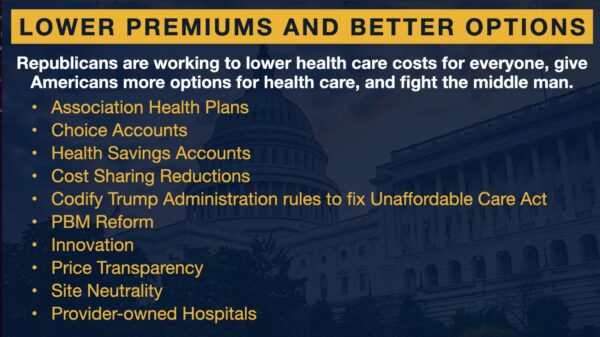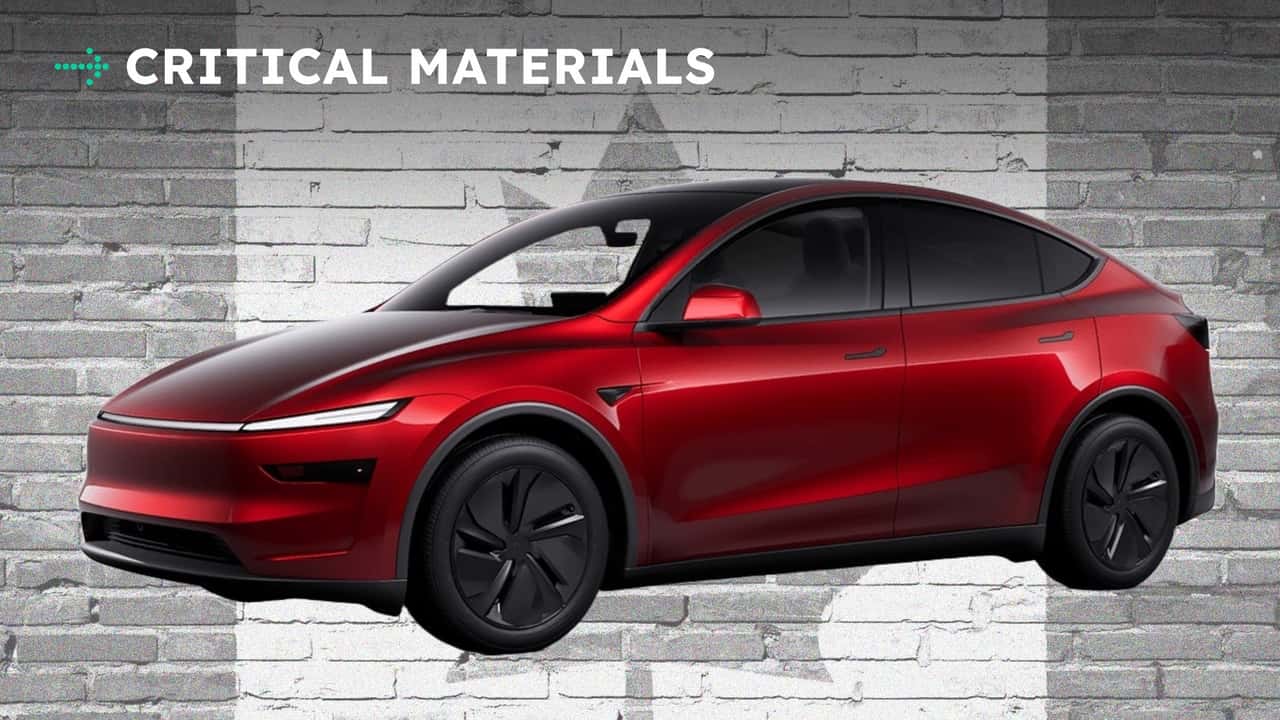Canada’s plans to increase electric vehicle (EV) sales face significant challenges as U.S. automakers, supported by the Trump administration, push for a rollback of the country’s ambitious EV targets. As negotiations progress on a new trade agreement, the future of Canada’s goal to have 20% of new car sales come from electric vehicles by 2026 hangs in the balance.
U.S. Influence on Canadian Climate Goals
The current administration’s pressure appears aimed at disrupting Canada’s regulatory framework that mandates increasing EV sales. Under existing regulations, all new vehicles sold in Canada by 2035 are required to be electric. However, influential auto lobby groups within Canada are advocating for the repeal of this mandate, citing poor EV sales as a primary concern.
Canadian officials have indicated that the negotiations are crucial, with one government representative stating, “If we’re going to stay in Canada, you must get rid of this EV mandate.” This reflects a growing tension as both nations navigate their interlinked auto markets, where Canada serves as a significant exporter to the U.S. and vice versa.
Amidst these discussions, Brian Kingston, CEO of the Canadian Vehicle Manufacturers Association, expressed that the current EV sales mandate prioritizes targets that do not necessarily support the development of Canada’s domestic EV sector. He remarked that the mandate benefits companies without a Canadian footprint, highlighting the need for policy adjustments in light of market realities.
Industry Responses and Market Implications
Major U.S. automakers like General Motors and Ford have voiced their opposition to the EV mandate, arguing that it imposes financial burdens that could impact their operations in Canada. The Liberal government, led by Prime Minister Mark Carney, is caught in a complex situation where the necessity to support local manufacturers conflicts with its climate commitments.
Despite the pressure from the U.S., Canada has been recognized for its proactive stance on climate change, with frameworks aimed at promoting electrification. Even if Canada does not meet its 20% sales target next year, the government remains committed to advancing its clean energy agenda.
As negotiations unfold, the implications extend beyond Canada. For instance, the declining sales of Tesla vehicles have led to reduced production targets at Panasonic’s newly inaugurated $4 billion battery plant in De Soto, Kansas. Panasonic’s initial goal of reaching full production of 30 gigawatt-hours by March 2027 has been postponed, signaling a ripple effect across the EV supply chain.
The impact of China’s restrictions on the export of rare earth materials is also significant. Reports indicate that these limitations may affect the production of the new Nissan Leaf, which is critical for Nissan’s strategy in the EV market. Delays in production could hinder the company’s plans for a strong comeback in North America.
In a broader context, the U.S. appears to be exerting its influence on Canadian policy regarding electric vehicles, raising questions about sovereignty and the right of nations to pursue their own climate objectives. Observers are left to ponder whether this pressure constitutes a necessary trade negotiation tactic or an overreach into another country’s climate strategy.
As the landscape continues to evolve, Canada’s commitment to its EV targets will be tested not only by domestic market conditions but also by the shifting dynamics of U.S.-Canada relations. The outcome of these negotiations could have lasting implications for both nations’ automotive industries and their respective climate goals.






































































